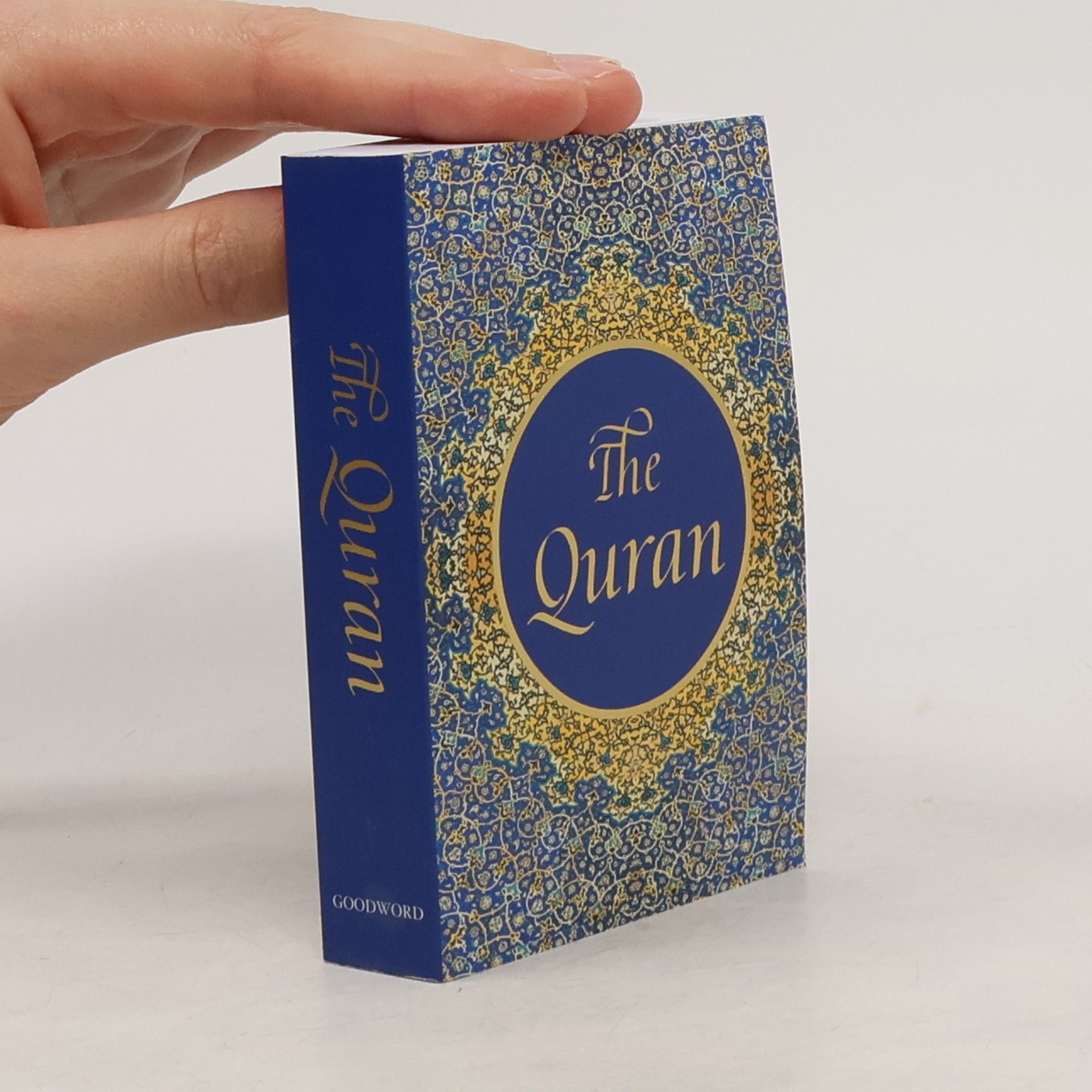A Treasury of the Quran
- 88bladzijden
- 4 uur lezen
Offering a direct insight into Islam, this book features selected excerpts from the Quran, organized thematically by Maulana Wahiduddin Khan. By presenting the text without interpretation or commentary, it serves as a clear introduction to the core messages of the Quran, making it accessible to readers seeking to understand the fundamental teachings of Islam as conveyed in the original, preserved word of God.

